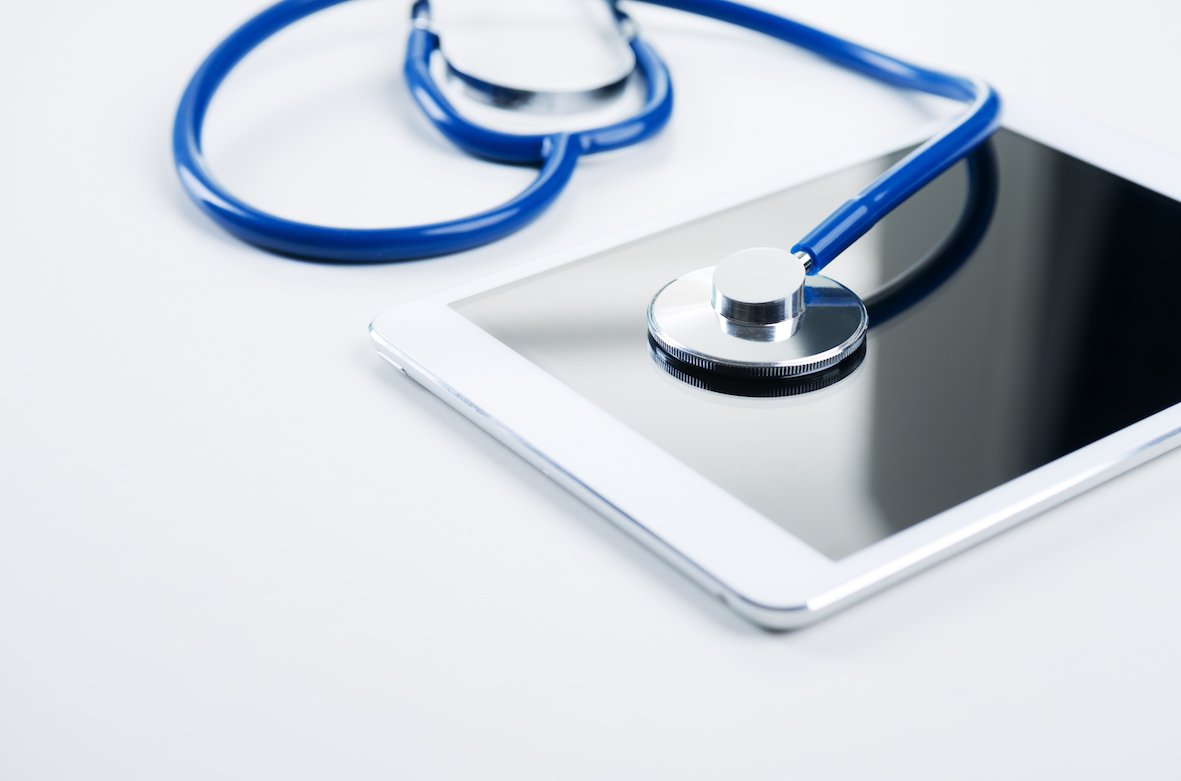
Image credit: shutterstock
ResApp Health, a leading digital health company developing smartphone applications for the diagnosis and management of respiratory disease, has announced positive results for a new novel cough audio-based COVID-19 screening test that only requires a smartphone. In a pilot clinical trial of 741 patients (446 COVID-19 positive) recruited in the United States and India, ResApp’s screening test, which uses machine learning to analyse the sound of a patient’s cough, was found to correctly detect COVID-19 in 92% of people with the infection.
ResApp’s algorithm achieved an area under the curve (AUC) of 0.93 using cough audio and patient-reported symptoms across both trials. AUC is a standard measure of how well a test distinguishes between two diagnostic groups, where a value of 1 represents a perfect test. A value greater than 0.9 is considered outstanding.
With this AUC, ResApp can select different operating points depending on the setting to achieve either high sensitivity, high specificity, or a balanced sensitivity and specificity. For use as a screening test prior to a rapid antigen or polymerase chain reaction (PCR) test to rule out COVID-19, an operating point that provides a 92% sensitivity and 80% specificity could be selected. This sensitivity exceeds the real-world measured sensitivity of rapid antigen tests. The combination of high sensitivity and 80% specificity results in 8 out of 10 people without COVID-19 being correctly screened as negative and not requiring a follow-on rapid antigen or PCR test.
ResApp will initially target use in settings where frequent COVID-19 testing is required, such as employee, healthcare worker and student screening, travel, sports, entertainment, and aged care. In these settings a high sensitivity test that only requires a smartphone would significantly reduce the number of rapid antigen or PCR tests required, improving availability, reducing costs, and reducing environmental impact. A smartphone-based test also has the ability to improve security and reporting of results using biometric identification such as facial recognition.




